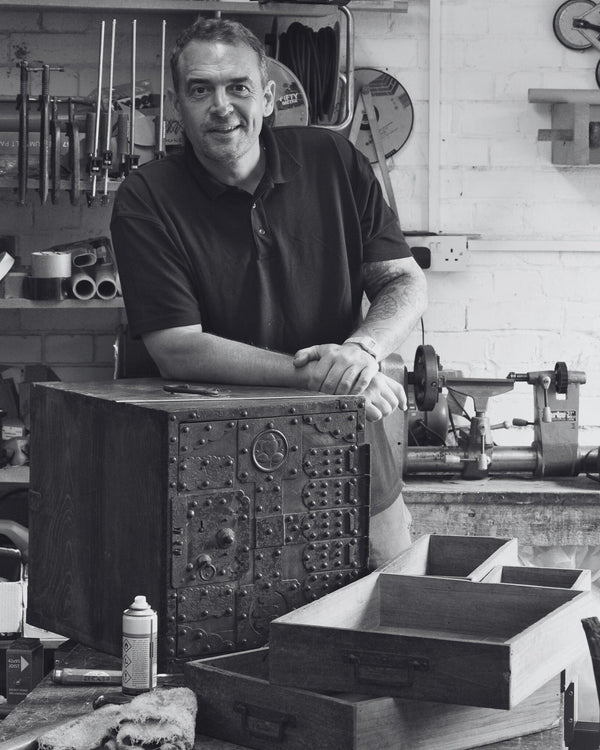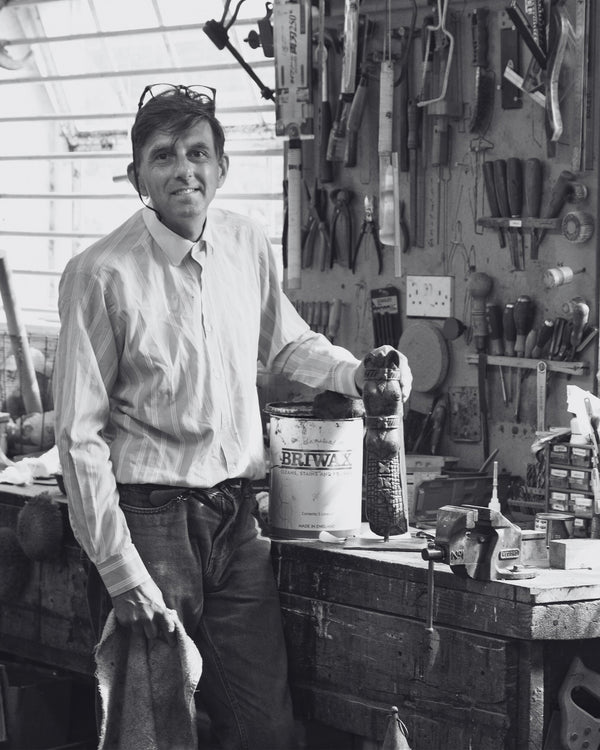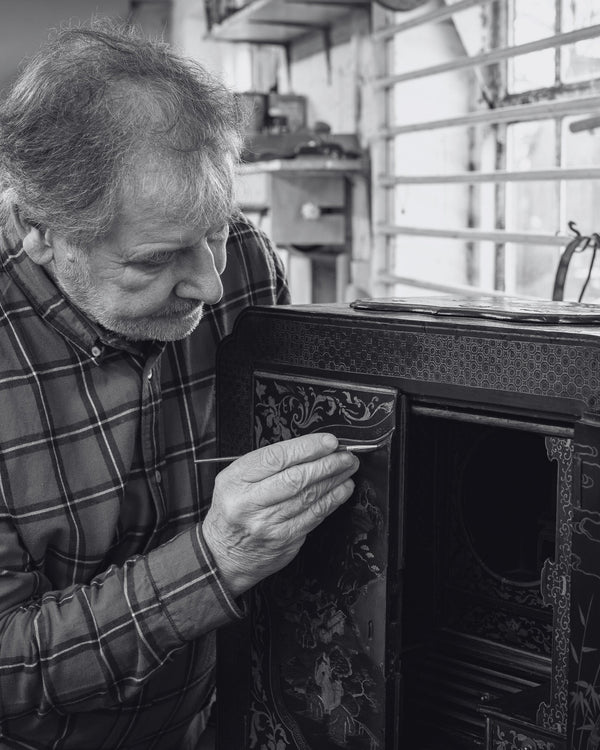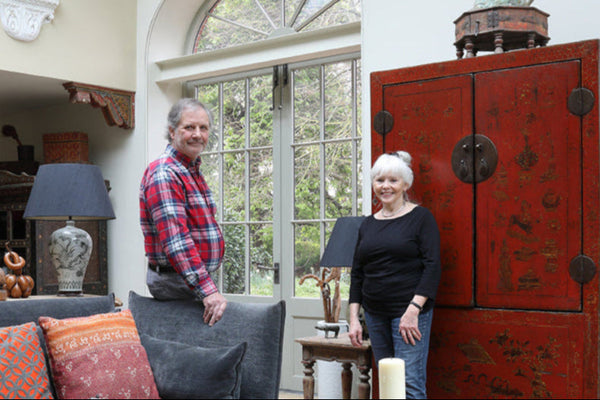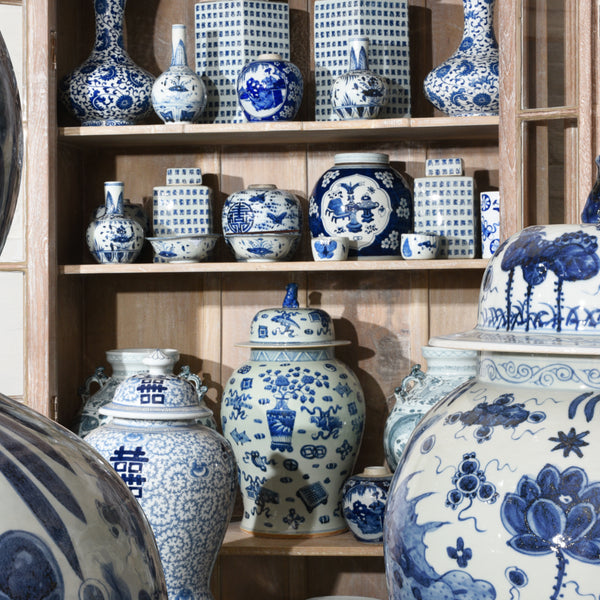Kondh Dhokra Bronze Zebu Bull From Orissa - 19th Century
- Dimensions:
- W8 x D2.5 x H7 cm
- Quality:
- Every piece restored & checked in UK
- £7.50 (2-5 days)
- Only 1 available – a unique piece
- Backordered, shipping soon
Looking for something similar? – Get in touch and we'll help you find the perfect piece.
This tribal brass cast zebu, or humped Indian bull would have been an important part of daily ritual for a Kondh (also spelt "Khond" or "Gond") family. These statues are sometimes referred to as water buffalo and are from the Kandhamal district of Orissa (modern-day Odisha).
The zebu has been revered in India since Harrapan times (6 millennia ago) and was often seen as the progenitor and impregnator of the earth. The Gonds / Khonds / Kondhs once made human sacrifices to the earth goddess (Tari Pennu or Bera Pennu) as part of the Meriah festival to ensure good crops. This was later changed to the sacrifice of bulls hence the significance of this piece.
This casting is made using the traditional Dokra technique. Dokra Damar tribes are the traditional metalsmiths of West Bengal. Their technique of lost wax casting is named after their tribe. The tribe can be found across India extending from Bihar to West Bengal and Orissa.
Dokra - also spelt Dhokra, is a brass or bronze casting made using the lost wax technique. The process is commonly known as cire perdue. The object to be cast is sculpted from beeswax mixed with a little oil. When finished the entire figure is coated with clay made from termite hills to create the mould. The mould is then dried and fired in an oven with cow-dung cakes. The wax melts leaving an empty clay mould in the shape to be cast. The mould is then heated and molten brass or bronze is poured into the empty clay-mould. When cool the clay mould is broken off exposing the cast bronze figure. The casting is then cleaned and finer details are carved to finish the piece.
Specifications:
For a similar example see page 35 of Museums of India 'National Handicrafts & Handlooms Museum New Delhi' by Jyotindra Jain & Aarti Aggarwala.
Another example can be found at the Odisha State Tribal Museum
From Kandhamal, Orissa, India
UK Delivery Charge - except Highlands & Islands £7.50
More delivery options available at checkout
UK Delivery: £7.50 (2-5 days) by insured courier to ground floor. Typical lead time 1–2 weeks.
Returns: You can return items within 30 days of receipt for a refund (excluding delivery costs). Items must be returned in the same condition and suitably packed. Please notify us within 7 days of receipt of your intent to return. To start a return, please contact us.
Free Delivery is for UK orders over £250. Use code DELIVERY at checkout



























